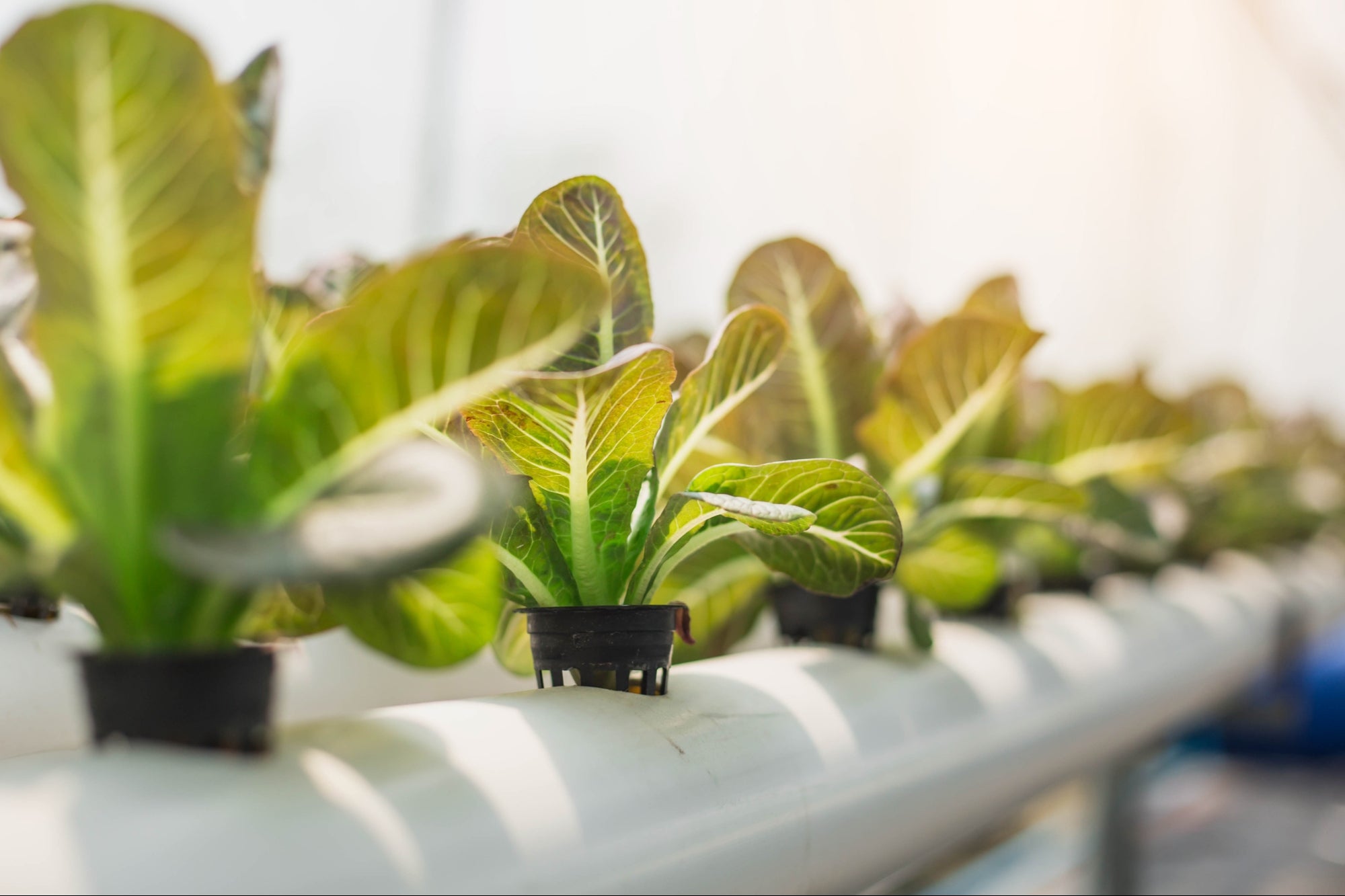The Need For Innovation In The Middle East's Food Supply Chain Food security is a serious issue on a global scale, but especially so in countries that rely heavily on imports to feed the population.
By Sky Kurtz
Opinions expressed by Entrepreneur contributors are their own.
You're reading Entrepreneur Middle East, an international franchise of Entrepreneur Media.

A culture of innovation is vital for our society in more ways than one. It encourages breakthroughs in technology, creates job opportunities, and fuels socio-economic growth. But perhaps more importantly, it gives entrepreneurs the opportunity to tackle some of the world's greatest issues, such as food security. With the world's population rapidly growing and the climate changing in ways we have never seen, there is more call for innovation in the food supply chain today than ever before.
It is estimated that by 2050, we will have almost 10 billion mouths to feed, while arable land masses around the world are shrinking, and water sources are being depleted. At this rate, it is quite likely that there will not be enough resources in the world to feed everyone in the future. Food security is a serious issue on a global scale, but especially so in countries that rely heavily on imports to feed the population. As the COVID-19 global crisis has demonstrated, supply chains can be interrupted at any time, making food security all the more pressing.
Due to the regional climate, countries in the Middle East must bring in a vast quantity of fresh produce that simply cannot be grown locally. The UAE, for example, imports up to 90% of the food consumed by the population. In recognition of the importance of a sustainable supply chain, the UAE leadership appointed a Minister of State for Food Security to head up the country's National Food Security Strategy.
An obvious route to go in creating greater sustainability throughout the food supply chain is to increase agricultural efficiency and yield, with consideration to environmental sustainability. While farming practices have evolved over thousands of years, today's "big agricultural' industry is not necessarily the most environmentally conscious. In addition to numerous pesticides and chemicals used in the growing process, global agriculture accounts on average for 70% of all freshwater withdrawals – and the majority of this water is simply lost to evaporation. Freshwater is a precious commodity in the Middle East, especially when the current supply is predicted to run out in around 50 years.
With this in mind, innovation is essential in order to create an agricultural industry that is able to meet food security and water conservation needs in the challenging environment of the Middle East. Technology is the key to overhauling the region's agricultural sector to sustainably meet the growing demands of an expanding population for fresh produce – and this is where intelligent solutions created by entrepreneurs come into play.
In 2016, I founded Pure Harvest with a vision to disrupt the food supply chain and increase food security in the Middle East, with a solution that can be rolled out across the world in other import-dependent climates. Thanks to the initial support from the Mohammed Bin Rashid Innovation Fund (MBRIF), an initiative launched by the UAE Ministry of Finance and operated by Emirates Development Bank, Pure Harvest today is the recipient of the largest ever agriculture investment in the Middle East and North Africa (MENA) region. Having received US$1.5 million (AED 5.5 million) from the MBRIF in its seed funding round, and a further US$10 million (AED 36.7 million) from WAFRA, the Kuwait Sovereign Wealth Fund, we secured US$100 million (AED 367 million) as part of our Series A financing round.
Pure Harvest combines cutting-edge technology with nature to create sustainable, low-consumption growing environments that harness solar power to grow fresh produce all year round. We achieve 10-15 times higher yield using one seventh of the water required for traditional farming. The intelligent environment we have created is upwards of 10 times more efficient than low-tech controlled-environment greenhouse farms, and over 30 times more efficient than traditional field farming in terms of yield per square meter. Approximately 83% of the water consumed during the growing process leaves the farm in the produce itself, which significantly contributes towards conserving freshwater resources. We also have our own bumblebees that provide year-round sustainable pollination for the plants. Our produce is used by some of the most respected and far-reaching retailers in the GCC, as well as some of the most reputable hospitality brands across the UAE.
Our success proves that entrepreneurs can "do good" for the world, by creating invaluable solutions to critical issues. A culture of innovation creates fertile ground for inspirational new ideas that can help to transform our society for the better, such as how Pure Harvest is introducing a new era of agricultural practices in the Middle East.
Related: Rising to the Challenge: The UAE's Innovation-Driven Food Security Movement












